Jubilee debate 16 May: report on a successful evening
On Tuesday 16 May last, we organised our first debate evening since Corona. Under the cockerels of 'de Eendracht' in Abcoude, in honour of 15 years of the Privacy First Foundation. We look back on a successful evening, with stimulating speakers and an enthusiastic audience.
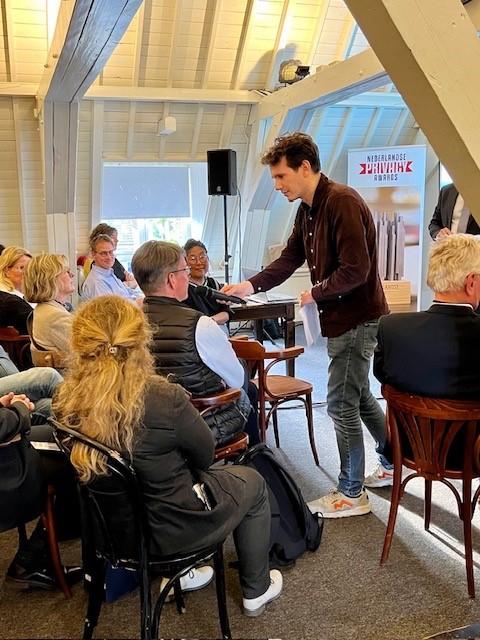
Besides Tom Jessen as moderator, we had as speakers:
- Guido Visman - expert AVG and mass tort claims, also board member of Privacy First;
- Marie-José Hoefmans - initiator of the startup 'Schluss' and winner of a Dutch Privacy Award 2021;
- Freek Bomhof - senior consultant TNO (privacy enhancing technologies);
- Arda Gerkens - senator of the Upper House and director-director of EOKM (Expertise Bureau for Online Child Abuse).
Central question, for the speakers and the audience: how do you see the 'privacy of the future'?
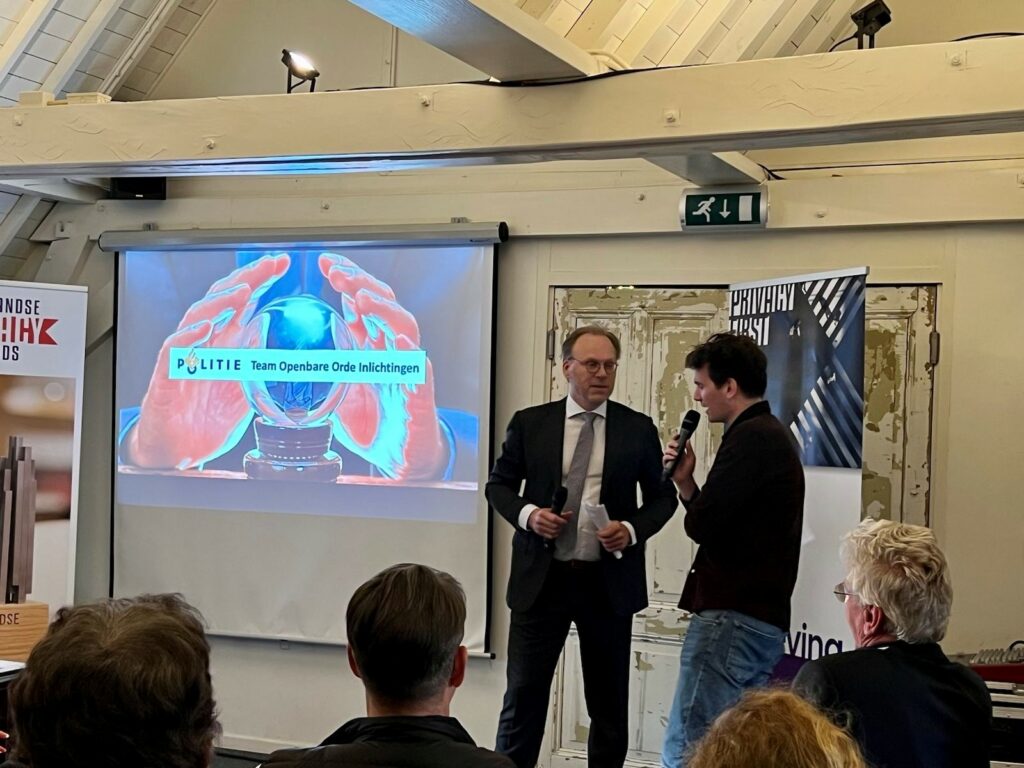
Guido Visman reflected on many years of democracy and people who stood up for democracy or made noise in time. These included Kees Verhoeven, Jan Holvast, Maxim Februari and Pieter Omtzigt, as well as writers from the past. Visman worried about (national) legislation that is not well thought through, or pushed through by the incumbent. Think of the WGS or the Wegiz. And just that day, it was in the news that the police had secretly rigged up units to monitor citizens.
He argued that Europe should have the power and strength to better prepare laws and that we should let go a little of our national sovereignty for this.
The latter led to critical questions from the audience. After all: does Europe have its own house in order? The new (European) AI regulation was seen as a reasonable proposal by Visman and the audience.
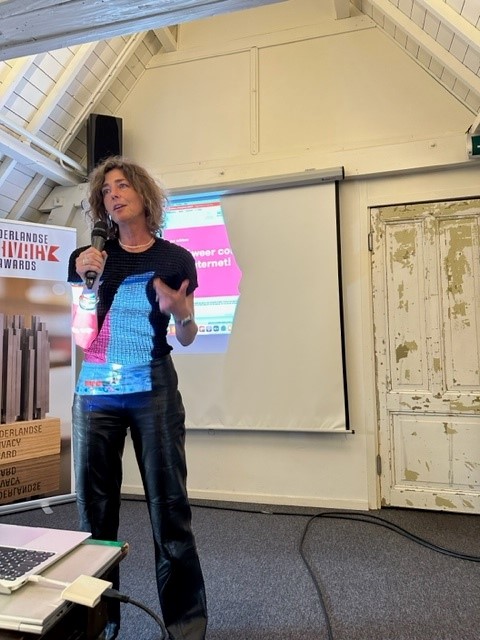
Marie-José Hoefmans gave a presentation on her startup 'Schluss'. This privacy award winner aims to data sovereignty, or in other words: that you can control what others may know about you. To this end, Schluss has developed a data safe developed, and Hoefmans explained how it works.
For this, according to Hoefmans, a new data ecosystem needed, with robust technology and fulfilled preconditions. For example: that - when functioning independently on the internet - you should also be able to be represented by an organisation (without financial or other interests). Like Schluss, a cooperative of individual users. Cooperation with other privacy-friendly organisations that embrace such an initiative is indispensable. Schluss is already well on its way in this regard.
Critical question from the audience: whether this initiative does not duplicate the European Digital Wallet. Response from Hoefmans: Schluss is already thinking many steps ahead, and has a broader, longer-term view to ensure data sovereignty.
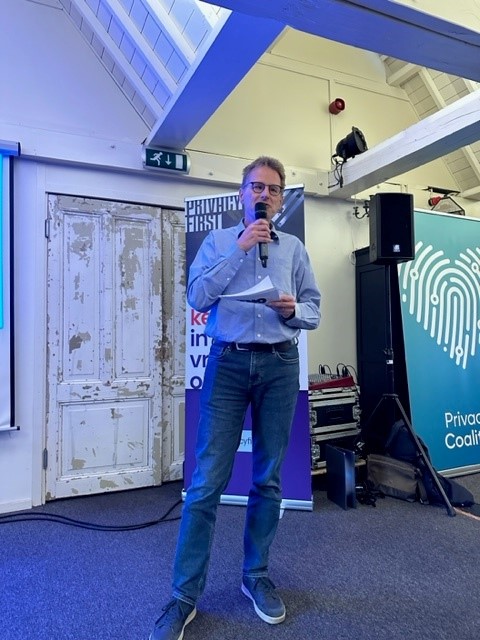
Freek Bomhof gave a presentation on Privacy Enhancing Technologies (PET). These allow you to exchange data in such a way - encrypted - that the recipient cannot see the actual data, while he (or she, etc.) can do relevant things with it. Such as selecting people entitled to a scheme, detecting fraud, or spotting wrongly issued firearms licences. When PET is used properly, data misuse is prevented, because both the data possessor and receiver do not possess all the information and unnecessary information is not disclosed. Bomhof's thesis: don't be afraid with solutions because of the AVG.
There was a question from the audience as to whether this is practicable, and can be applied integrally. Answer: each question needs its own interpretation. And scaling up is indeed a puzzle.
It was also asked whether this system could exclude all errors, for example if the system had a match indicates, while in reality there is a mismatch (think wrong algorithm). Answer: in the case of a 'match', you should never assume that it is correct, but still conduct a careful investigation. And of course, there is always a legitimate interest needed to process data.
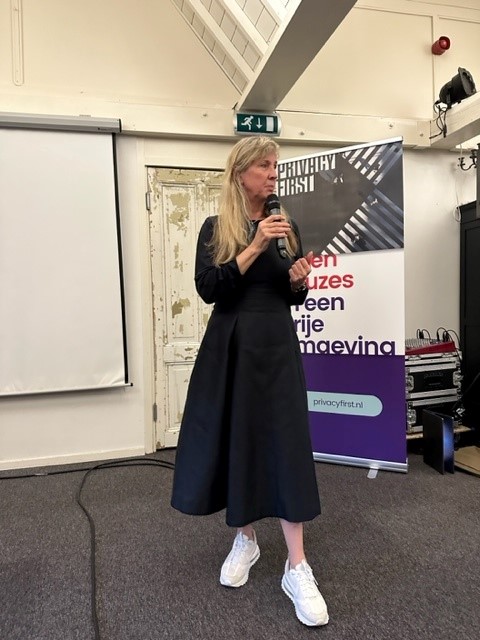
Arda Gerkens wondered what it would take to combat online child sexual abuse. She outlined the time when the rise of the internet was still miraculous and had no downsides. Today's reality is different. Now the internet does have many downsides, and many dangers for children.
According to Gerkens, the current dangers are mainly in the way the internet is handled. Especially because children and young people nowadays use the internet for their own sexual development. This makes it almost impossible to make or keep the internet safe. That is why Gerkens believes it is important that parents do not just let their children run wild on the internet, without restrictions, and that they discuss with their children at an early age how to use the internet sensibly.
Question from the audience: is this about ethics, or parenting, or data processing? That loosened tongues...
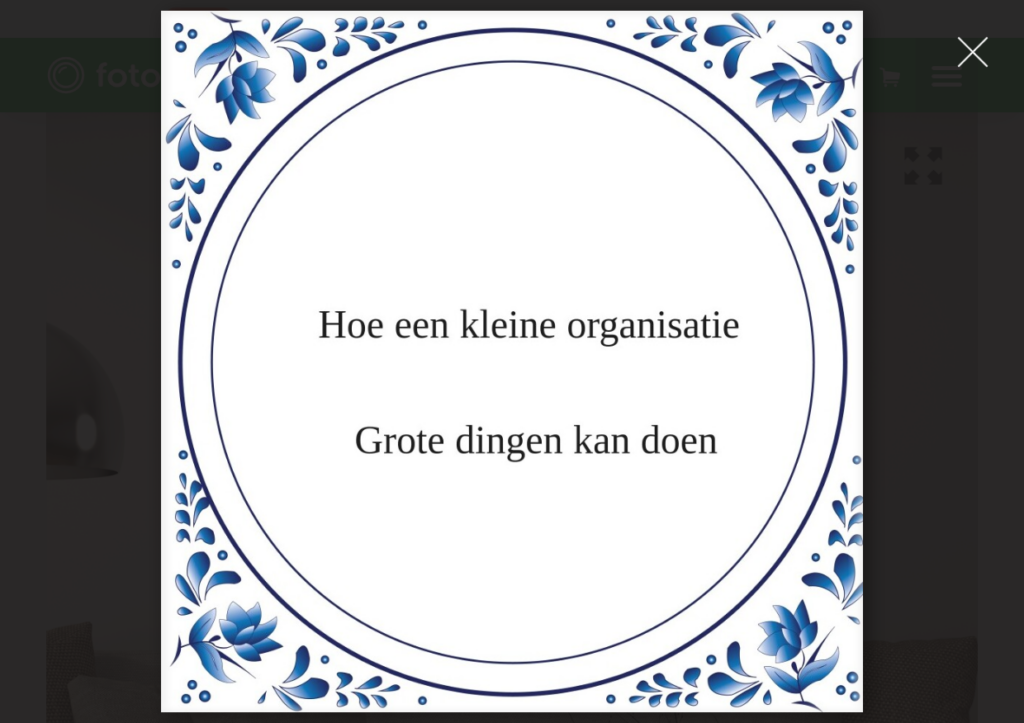
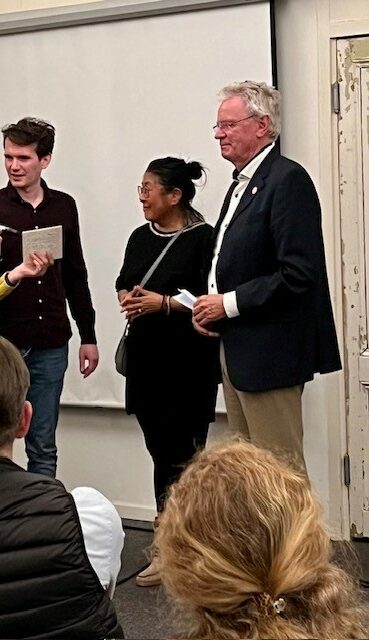
Finally, the Miek Wijnberg of civil rights association Vrijbit spoke by surprise, thanking Privacy First's staff, and emphasising how important it is for a small organisation to hold its own in the lightning-fast developments in the field of privacy. The director and chairman were called forward to receive a beautiful tile wisdom: great things start in small.
Then it was time for drinks, and congratulations and compliments from the attendees. It was a successful evening with a nice mix of speakers and guests. We hope to welcome you to another debate evening next autumn!
